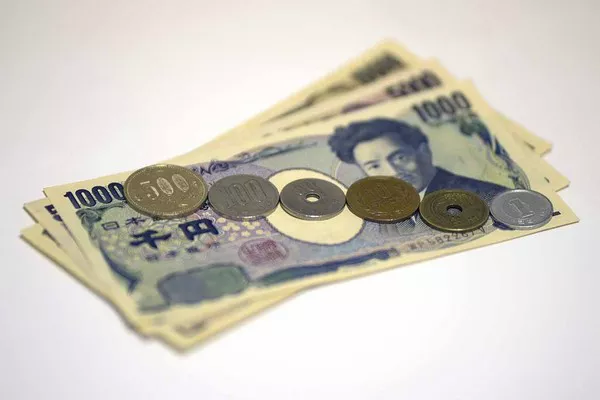In the wake of signs pointing to a cooling inflation scenario in the United States, the dollar struggled to find solid ground on Tuesday in light trade during the post-Christmas period. The data bolstered expectations that the Federal Reserve would have leeway to consider interest rate cuts in the coming year.
Simultaneously, the yen maintained stability near its recent five-month peak, driven by the prospect that the Bank of Japan (BOJ) might soon signal an end to its ultra-easy policy. The BOJ’s policy, in place for most of 2022 and 2023, has kept the Japanese currency under pressure amid aggressive rate-hike cycles adopted by other major central banks globally.
In the subdued market environment post-Christmas, currency movements remained largely muted, with markets in Australia, New Zealand, and Hong Kong observing the Boxing Day public holiday.
Against the greenback, the euro experienced a marginal decline of 0.06% to $1.1019, remaining close to a more than four-month peak of $1.1040 reached last week. Sterling exhibited minimal change at $1.2701, while the Australian and New Zealand dollars hovered near their recent five-month highs.
The dollar index languished near a five-month low of 101.42, recorded last week, and was last observed at 101.65.
Friday’s data indicating a decline in U.S. prices in November, marking the first such drop in more than 3-1/2 years, contributed to market expectations of an interest rate cut by the Federal Reserve in March 2024. This followed the Fed’s recent signaling of potential rate cuts during its final policy meeting of the year.
Wells Fargo analysts noted the Fed’s considerable progress on inflation but emphasized the ongoing task of ensuring inflation moves toward its 2% target on a sustained trajectory.
In Asia, the yen saw a 0.1% rise to 142.20 per dollar, supported by comments from BOJ Governor Kazuo Ueda, who hinted at the potential for a policy shift. Ueda suggested that the likelihood of achieving the central bank’s inflation target was gradually rising and that policy changes could be considered if prospects of reaching the 2% target increased sufficiently. However, no specific timing for a shift in the ultra-loose monetary stance was decided.
A range of data on Tuesday revealed that Japan’s jobless rate remained unchanged at 2.5% in November compared to the previous month, and business-to-business service inflation held steady at 2.3% last month.
In other developments, the kiwi gained 0.1% to $0.63145, while the Aussie last traded at $0.68065.


